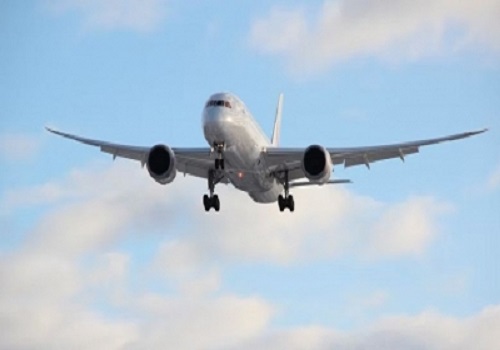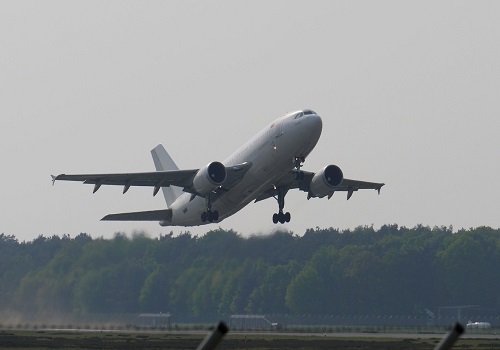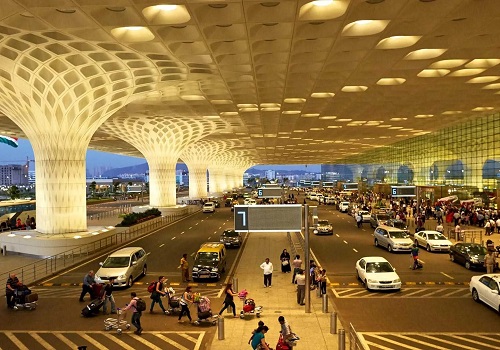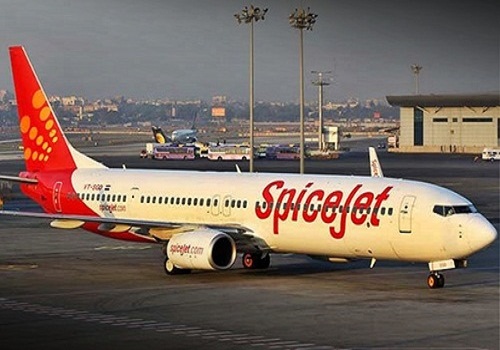Revenue sharing by airports, airlines will boost aviation sector

Follow us Now on Telegram ! Get daily 10 - 12 important updates on Business, Finance and Investment. Join our Telegram Channel
A new study by the Indian Institute of Management (IIM), Lucknow and University of Liverpool has found that revenue sharing by airports and airlines can help them become eco-friendlier and give the aviation sector a sustainable boost of growth.
Led by IIM Lucknow, the study sheds light on how airlines and airports can collaboratively achieve sustainable growth through various agreements.
Moreover, the government can also step in, acting as an overall leader -- enabling a further greening of this sector by imposing taxes, the study has suggested.
The study has been published in the European Journal of Operational Research and Transportation Research.
“Airlines in India have been working on improving fuel efficiency to reduce greenhouse gas emissions. This involves adopting more fuel-efficient aircraft, optimising flight routes, and implementing operational practices that minimise fuel consumption, reducing taxi times, and implementing procedures to minimise unnecessary fuel burn during delays in landing permissions,” said Suresh K. Jakhar, Associate Professor, IIM Lucknow.
''With the urgency to decarbonise the aviation sector gaining momentum, the study addresses the crucial role that collaboration between airlines and airports plays in advancing sustainability. The team used data collected from publicly available secondary sources which include airline and airport schedules and financial and other documents available with airlines,'' Jakhar said.
''We have addressed fundamental questions about how coordinated agreements between airlines and airports can bring better results for the economy, the environment, and society. We have also shown the effects of environmental and social factors on airport charges, ticket prices, and the demand for air travel,'' he added.
The study highlights the roles of reciprocity, fairness, and passengers' environmental awareness in the coordination of airports and airlines.
It presents a detailed framework for achieving triple-bottom-line growth. This framework includes airlines investing in eco-friendly practices, airports taking on corporate social responsibility initiatives, both supplemented by government interventions.
According to the study, in the aviation industry, an airline's performance determines the airport's demand, while the airport needs to facilitate the airline by providing the necessary infrastructure. This inter-dependency has to be well coordinated, failure of which would lead to limited economic growth, environmental protection and social development.
























